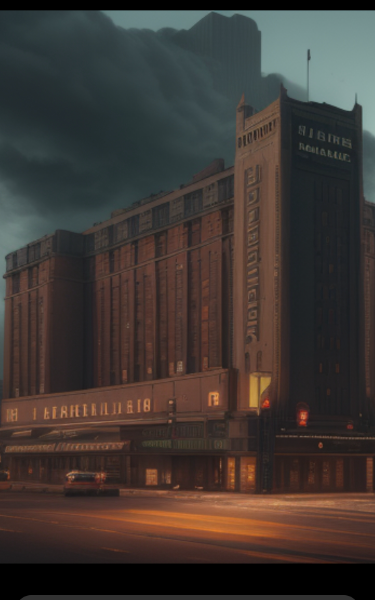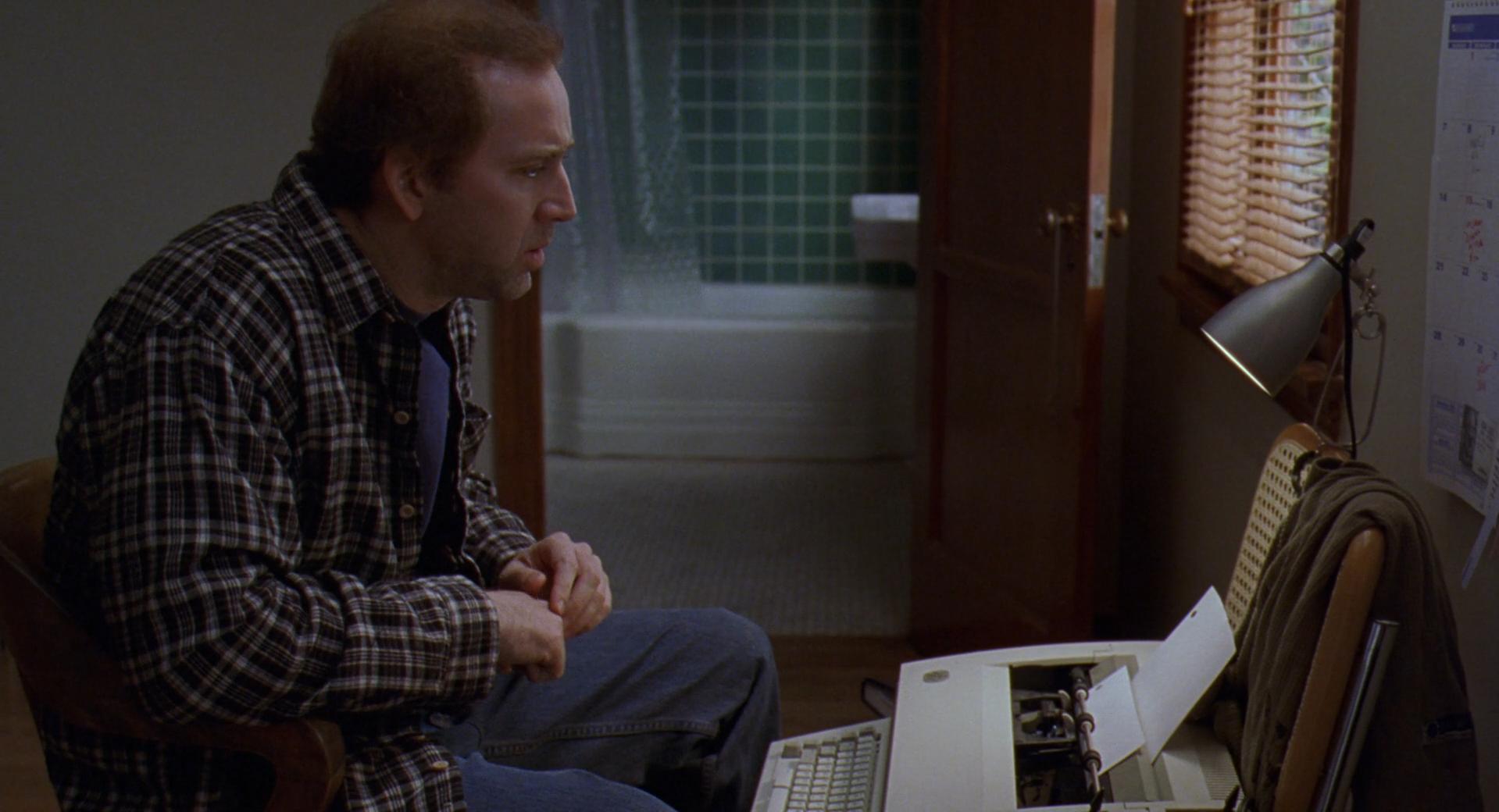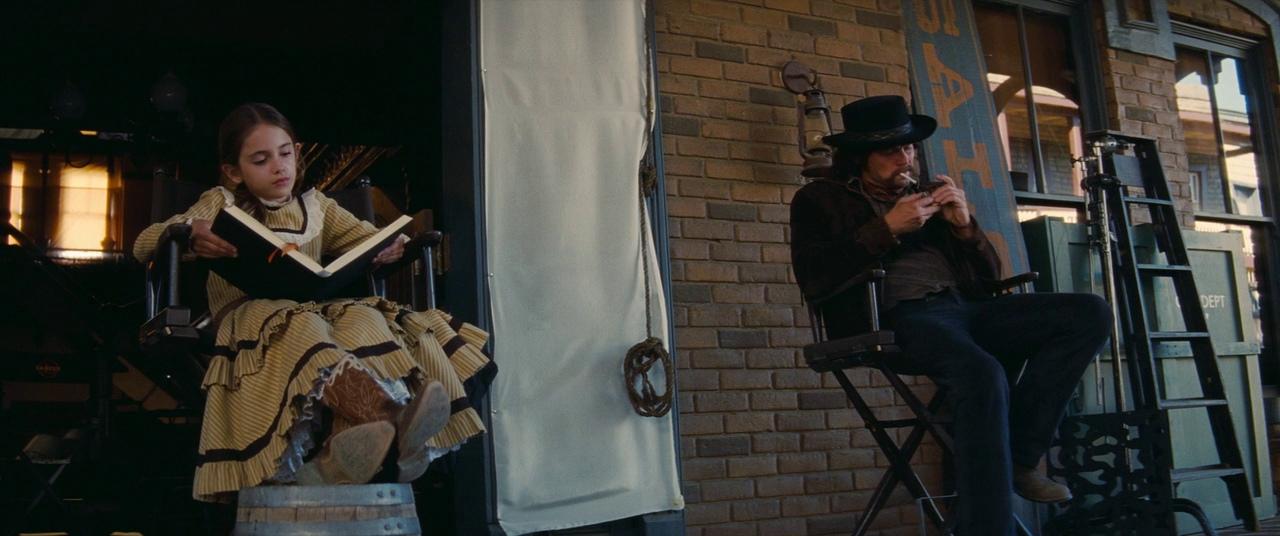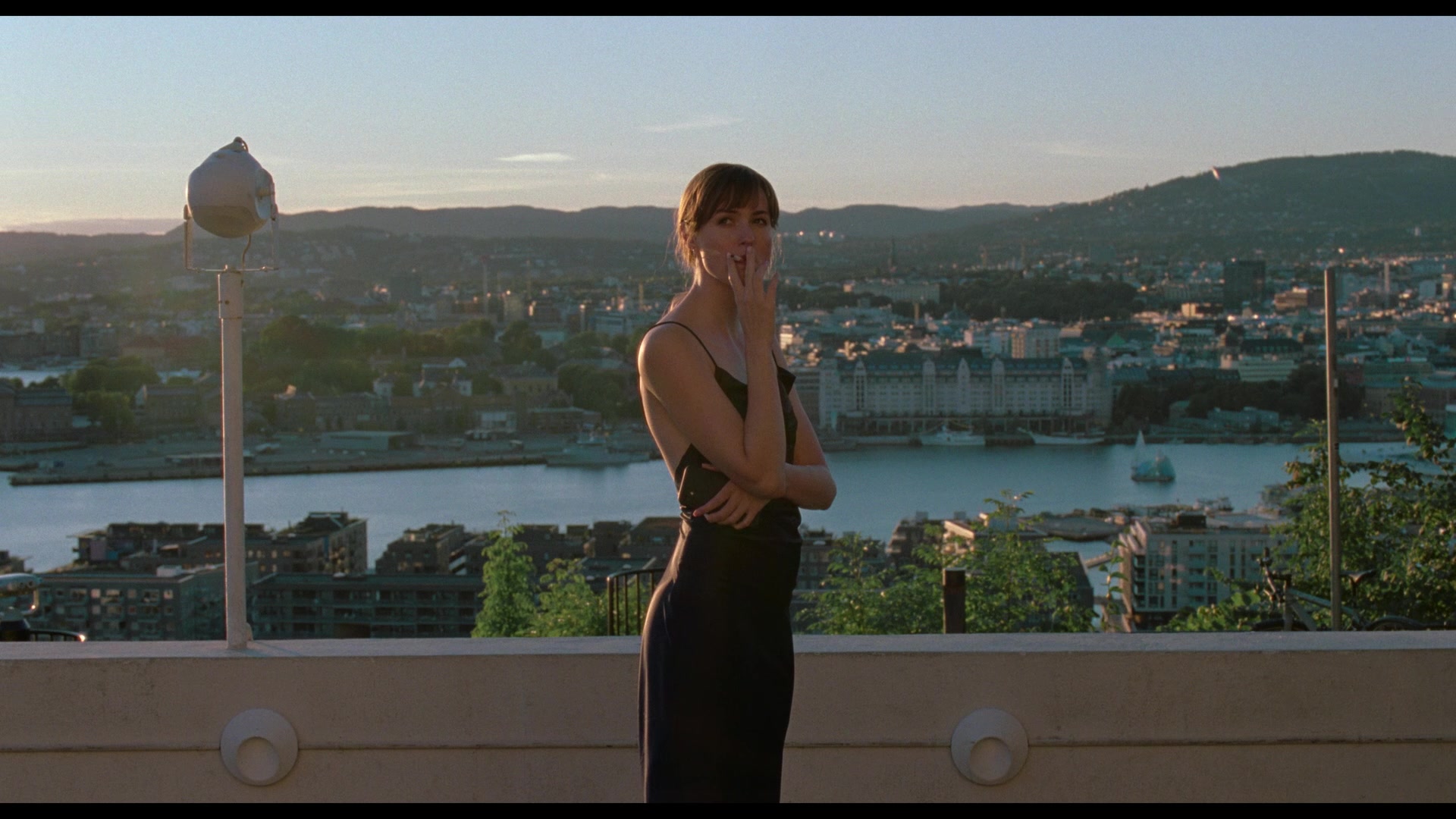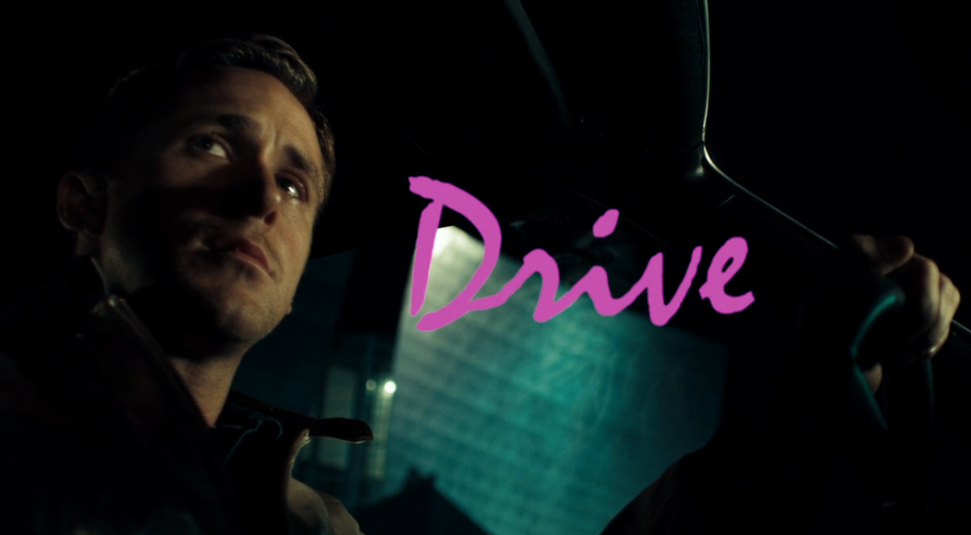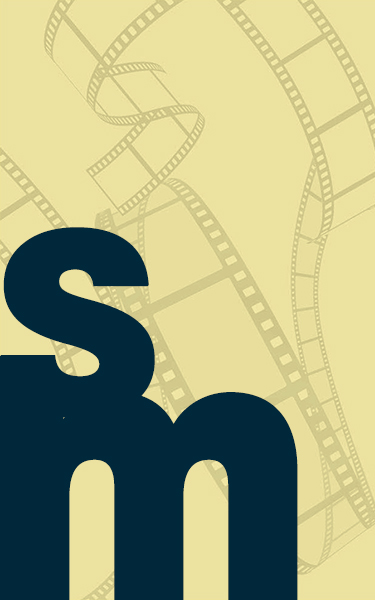
Awards
Approved
Summary
1 Reviews |
42 pages |
5 years ago
|
Draft 1
What Nazi Germany did to the Jews did not happen overnight. Although the historians differ on the origin, some argue that the foundation for it was built by the writings and deeds of perhaps the most influential reformer of the millennium, Martin Luther. This screenplay is a journey through his life to give us historical facts as well as insights into his reformation. Whether or not the events of his lifetime could have influenced the Holocaust is left for the reader to decide. The monologues are verbatim copies from Luther's books, articles, and sermons. Preserving historical accuracy has been the chief goal in formulating conversations missing from recorded history.
